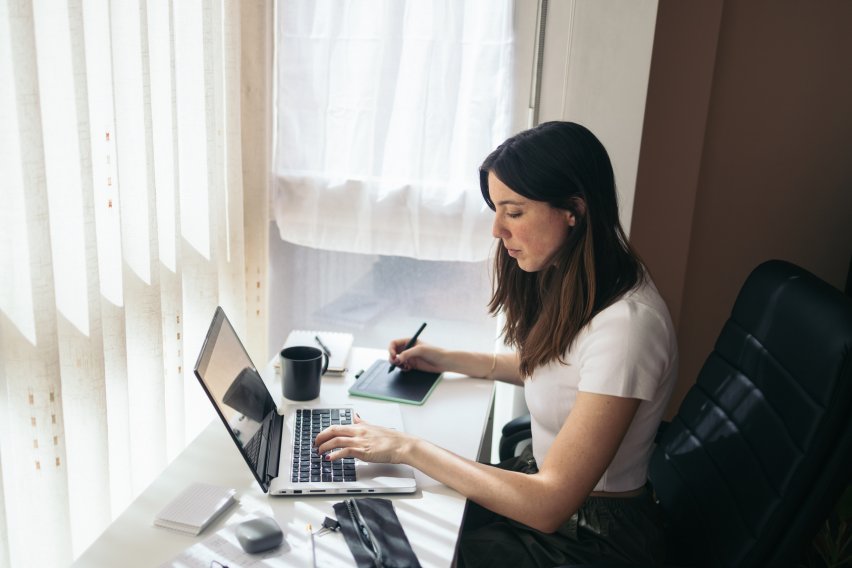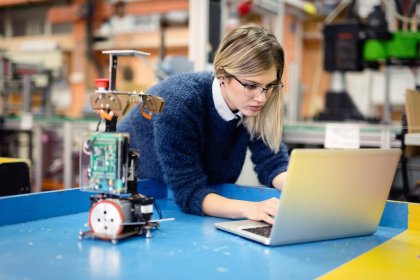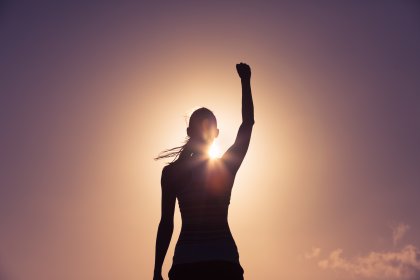Menstruacja

Access to complete menstrual health and hygiene is a basic human right. Without it, women and girls cannot pursue full lives with dignity and confidence. It is deeply unfair that girls in all parts of the world miss out on better education and opportunities because they were too poor to have a period. We have neglected this issue for too long.
What’s clear, is the need to unite the international community on global standards for reducing period poverty, and better fund those programmes that deliver the highest impact for women and girls who every month have to choose between a meal or a sanitary pad.
I invite the international community to join me and work together to end period poverty.
Dominika Kulczyk, President of the Kulczyk Foundation
Professor Lew-Starowicz: The contemporary approach to work is based on maximised efficiency. It does not take human weaknesses and well-being into account.
The professional lives of women and men are still two completely different worlds.
Stop menstruation-related embarrassment
On 7 June, a public debate on menstrual poverty will be held in the Polish Senate. Last year, the European Parliament called on EU countries to provide free hygiene products to everyone who needs them. Scotland has introduced legislative solutions in this regard.
Women Are Not the Weaker Sex. They Are Stronger Than They Think
Ewa Kurowska-Tober, Head Partner of the IPT Practice at DLA Piper.
If men gave birth, had periods, raised children, the world would be... very different, obviously. Certainly more open to the needs related to having children.
Japan Proves It Is Not Enough to Change the Law
Although the Japanese labour code recognises the needs of women, they are failed by corporate practices and the business system. Eliza Klonowska-Siwak, who is an expert on Japan, talks about the reality of a country that on the one hand offers menstrual leave and on the other is at the very bottom of gender equality ratings.






